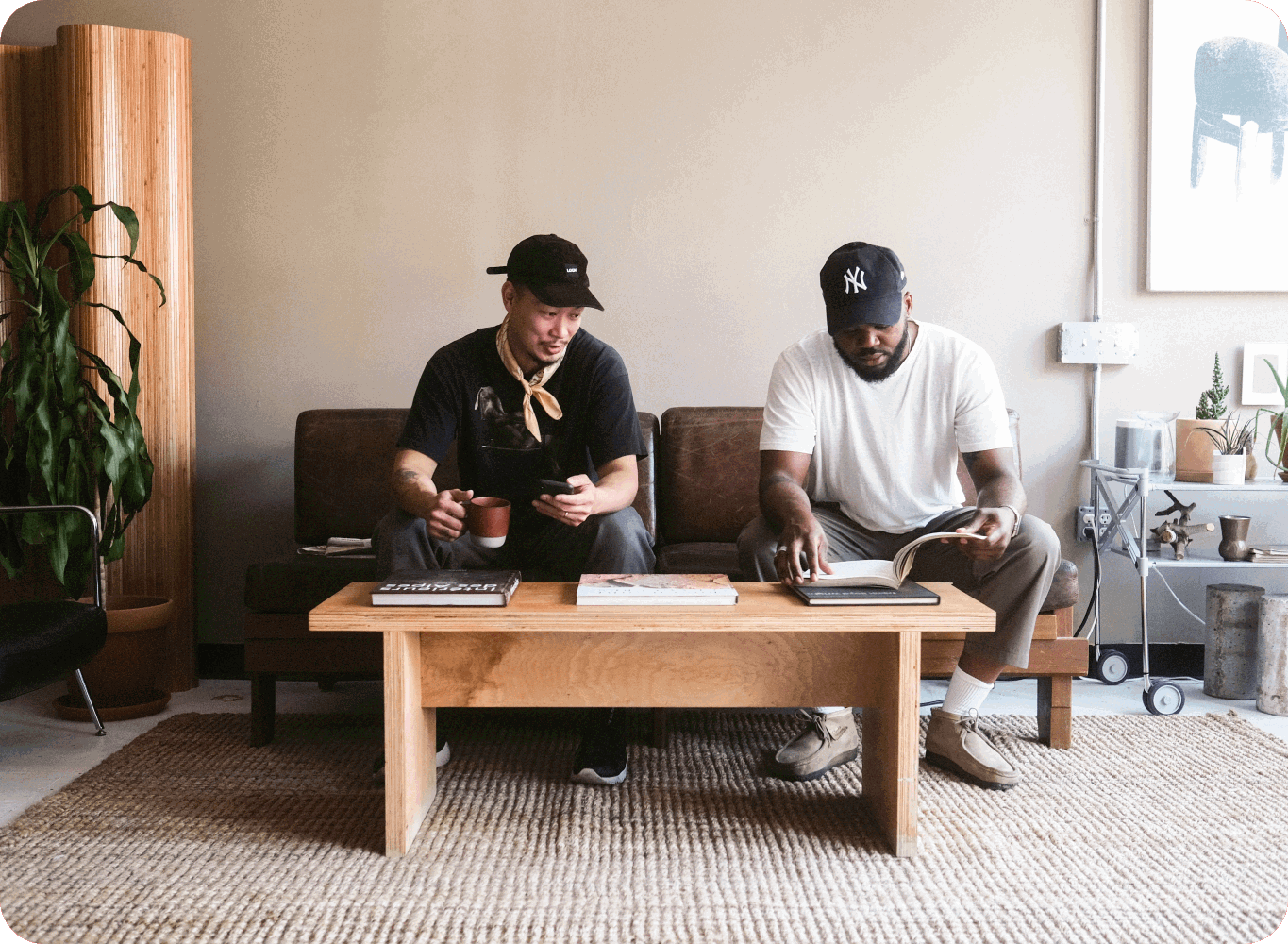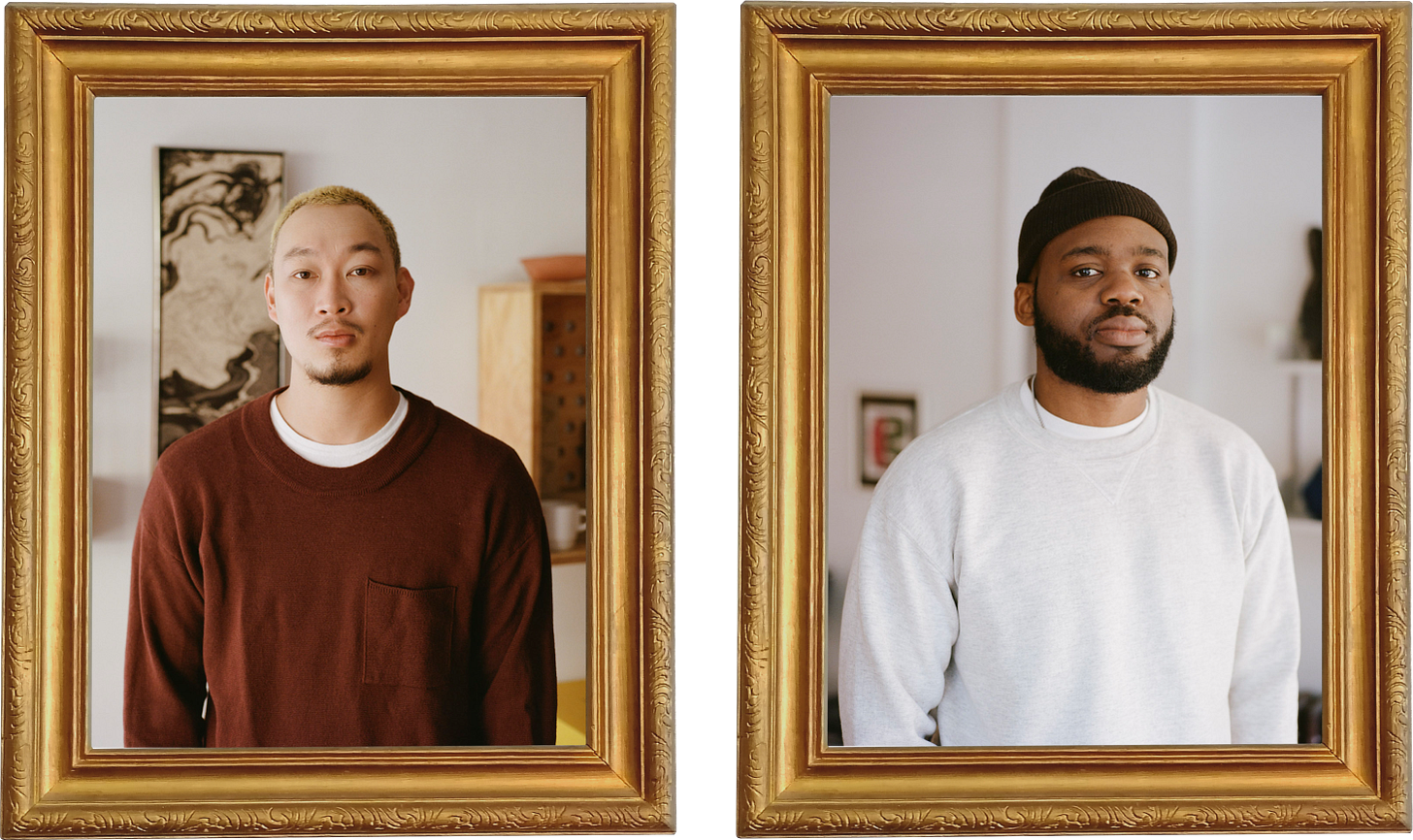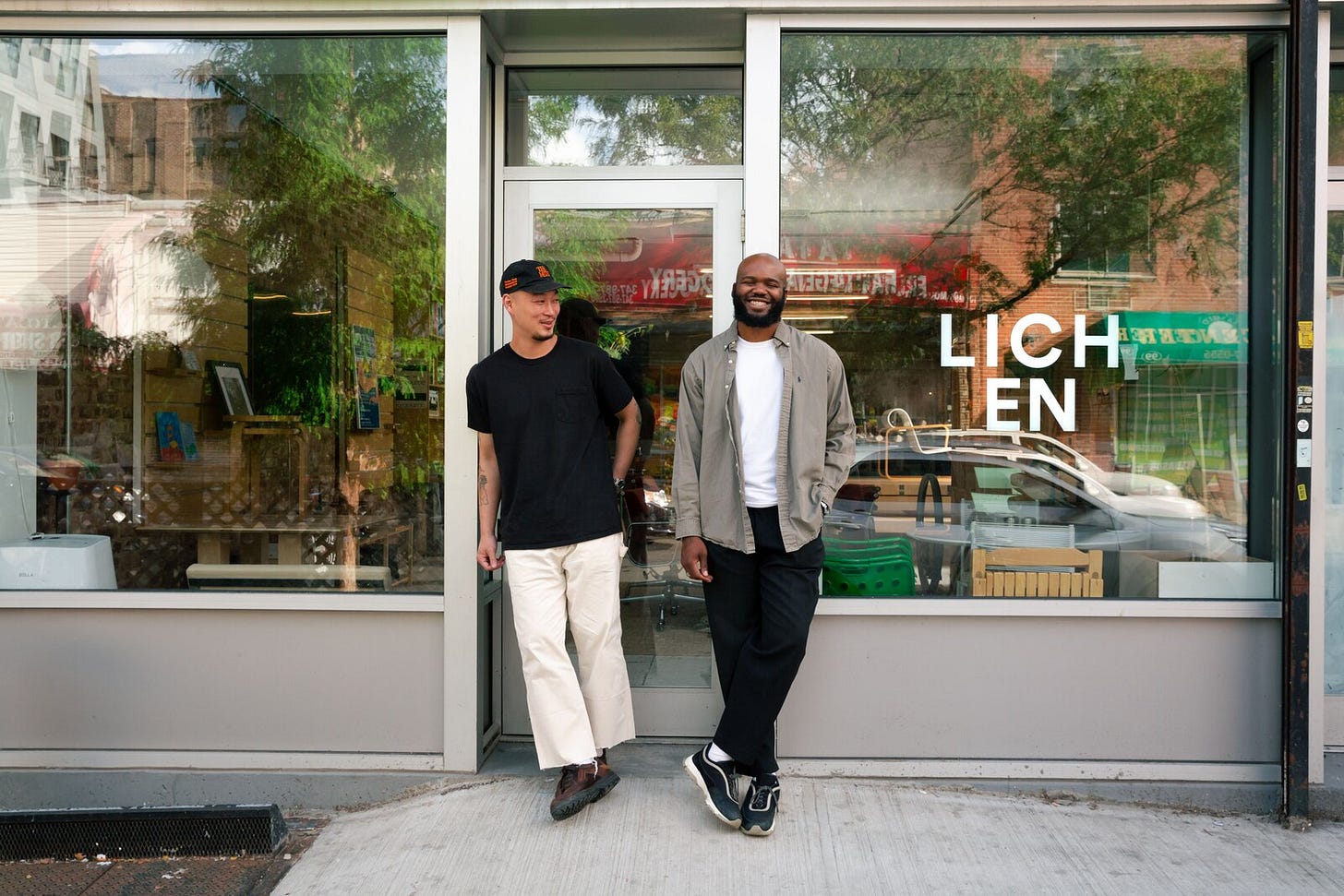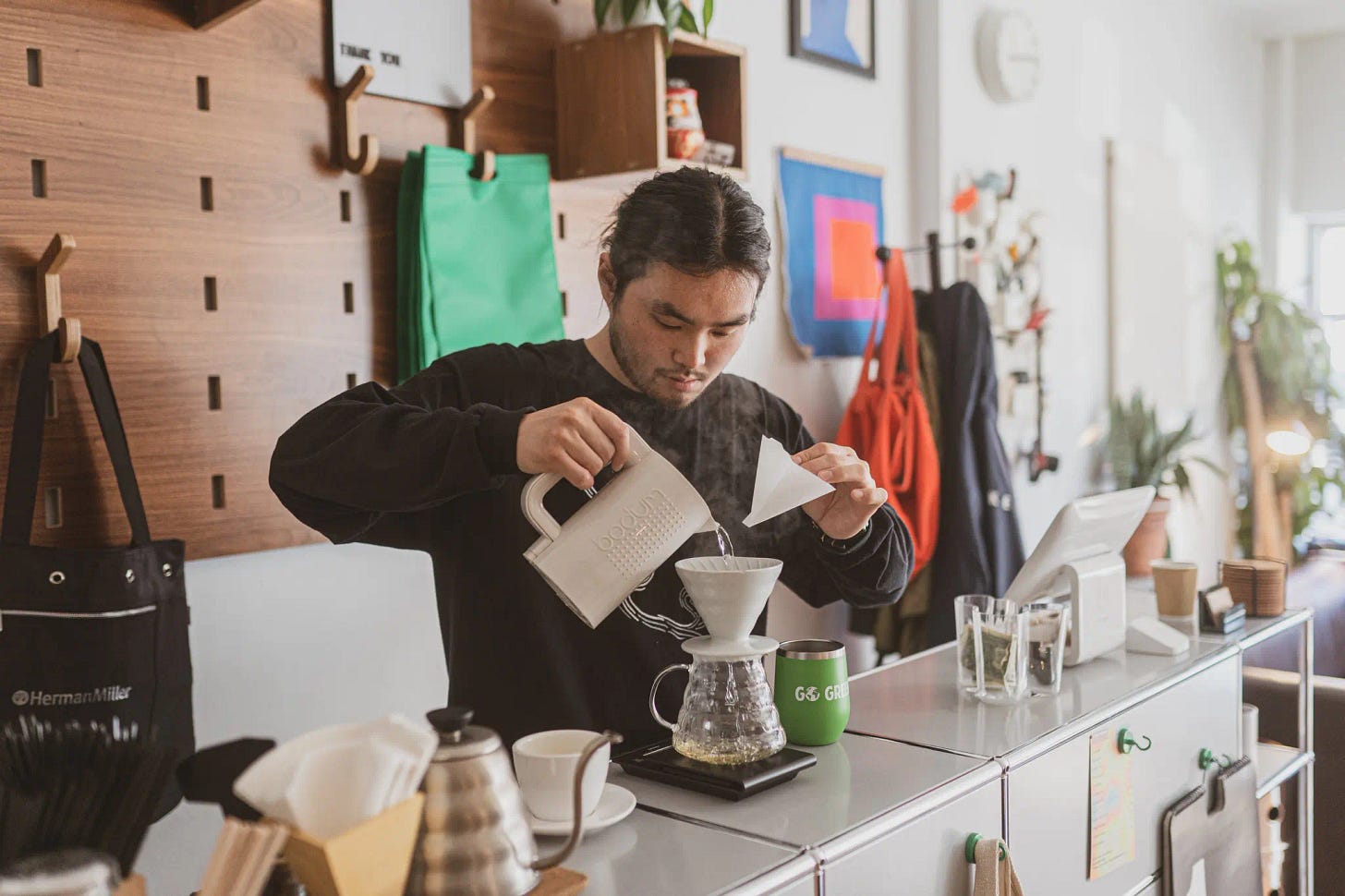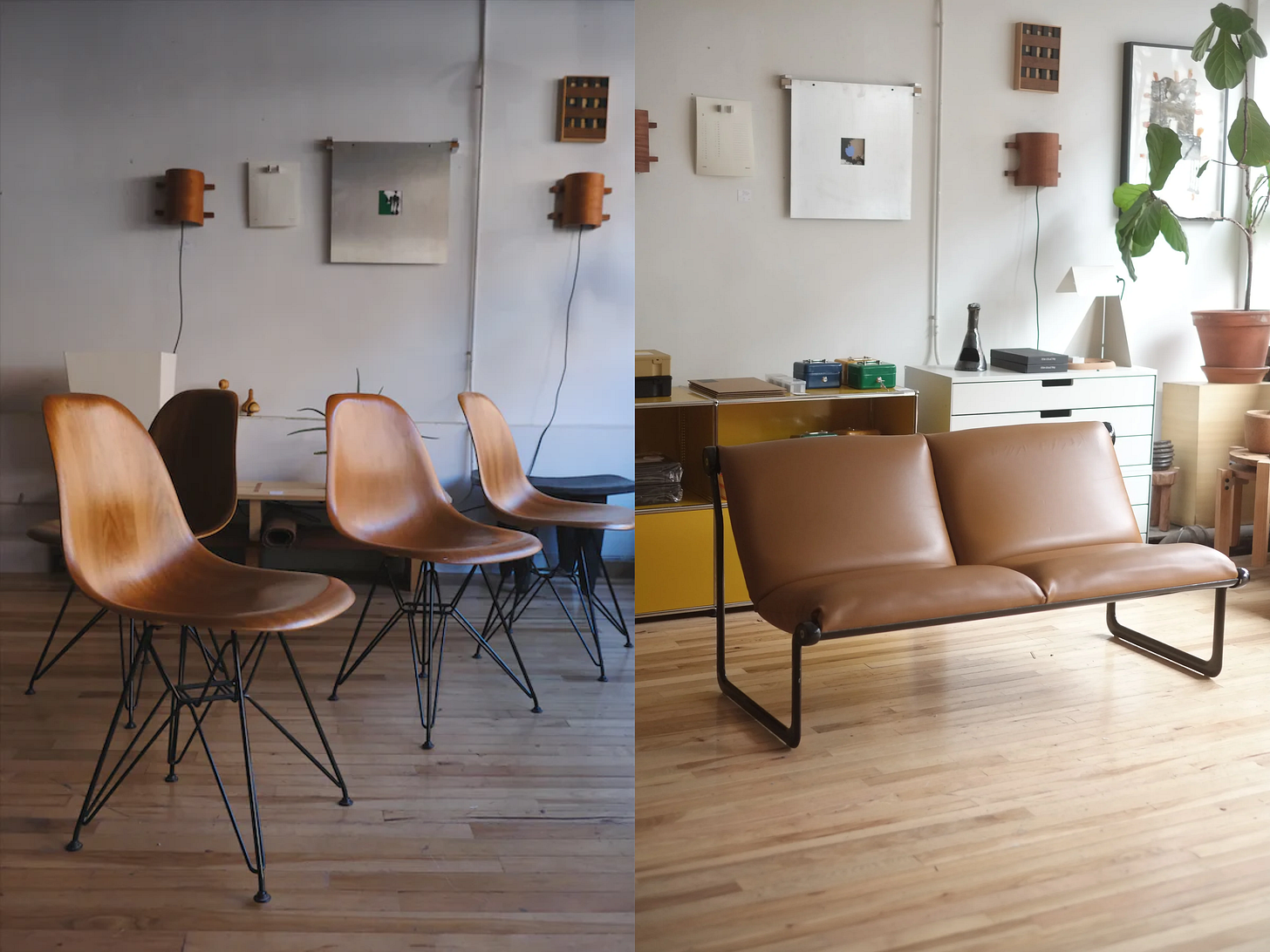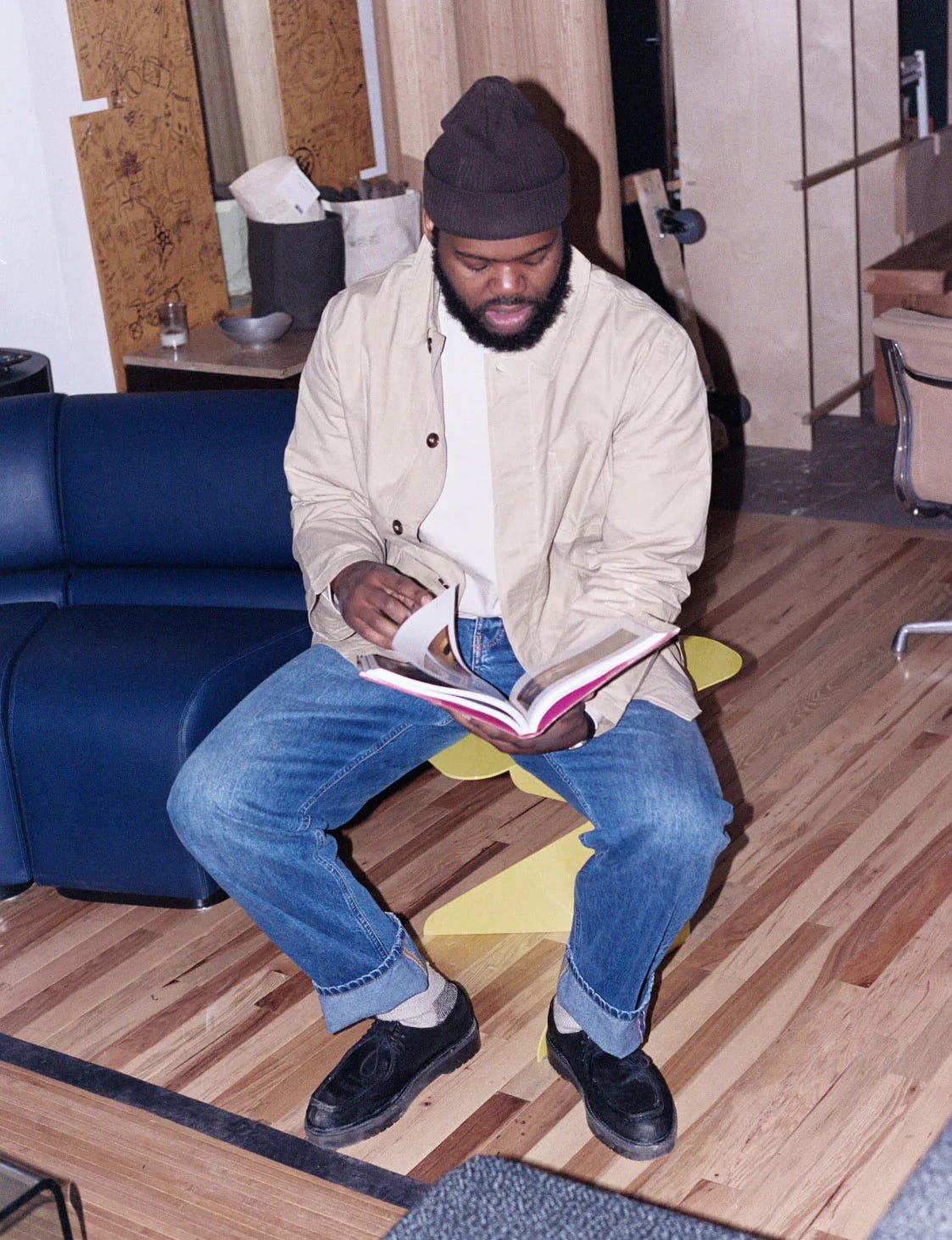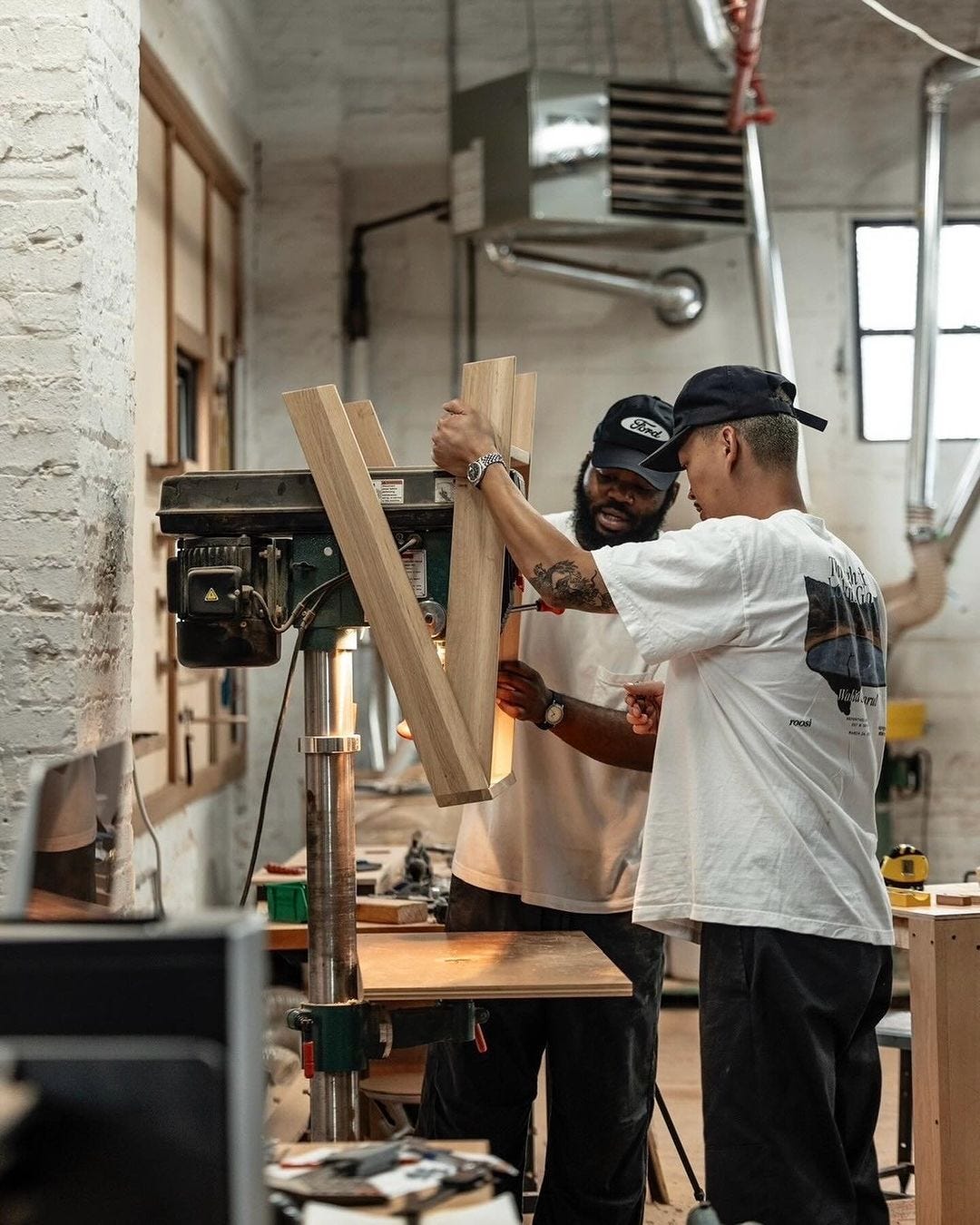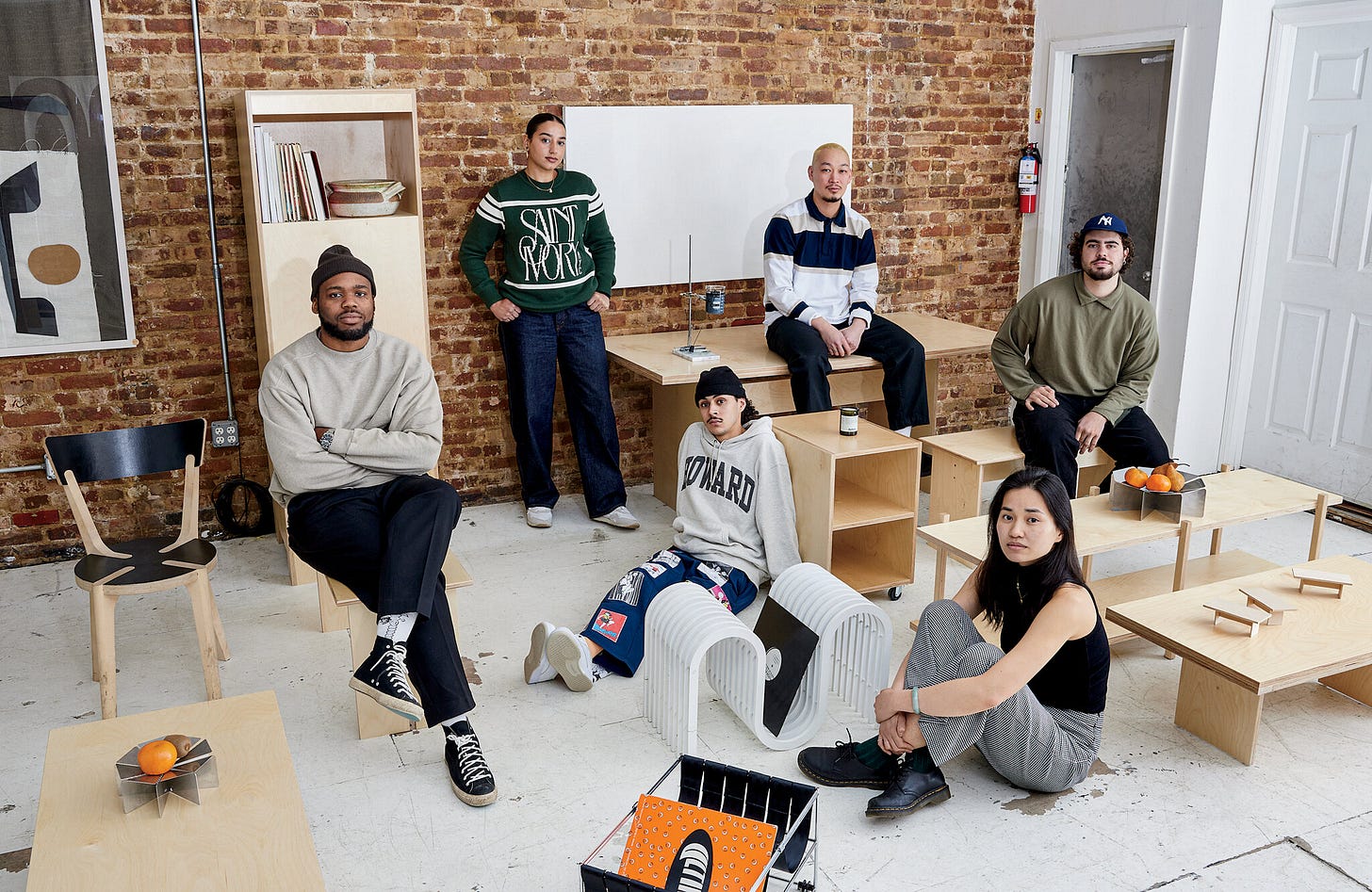Interview with Ed Be and Jared Blake of Lichen NYC
Acquiring taste through coffee, the importance of books, and more.
Ed Be and Jared Blake are the duo behind Lichen NYC, a furniture store and design incubator based in New York City. Their special blend of entrepreneurship and passion for design is redefining what a furniture store can be.
Born from a Craigslist transaction involving a vintage Eames chair, their partnership has grown into a successful venture that combines their deep passion for interiors with community engagement and design education.
In this issue of Shaping Taste, we explore their entrepreneurial beginnings, evolving tastes in furniture and design, and the challenges and lessons of growing their brand.
Have you always had an entrepreneurial spirit? Did you ever anticipate running your own business?
Jared: Definitely. I think eBay, sneaker culture, even Pokemon culture kind of starts you in a mindset of commerce, trade value, quantity, supply and demand.
Ed: For me, there was someone in high school during a class. The question was about going to college: what did you want to study? And there was a kid that was just like, I want to be an entrepreneur. That was the first time I heard the word, and I've been hooked on that word ever since.
My parents really wanted me to be in the medical profession and I did end up getting my degree in medical lab sciences, but since hearing the word entrepreneur, I haven't been able to shake that since.
How would you define good taste?
Jared: We used to work with this guy David Yu. I feel like Barista doesn't do it justice, but he ran our coffee program at our first shop. And when he first came in, he mentioned that the coffee we were serving at the time was poor quality, and that the coffee that we should be offering should match our our diverse offering of furniture and design.
So he sort of gave us a complement through coffee, and quite literally through taste. I think the etymology of taste at some point crossed over from actual taste buds and eating to being everything else. I'm realizing now we have to get back to that the origin of what we used to call taste.
For example: “vibe” is a vibration. It's a frequency. It's way deeper than just, “it's a vibe.” I think overuse can have a way of watering down something's true meaning. David Yu definitely gave us a reinterpretation of taste full circle through actually tasting things.
What was the process of developing your taste for furniture and design?
Ed: Our taste has developed over the years or it's always been in flux because when we started, mid-century furniture was a big thing. Lots of Eames, lots of Knoll. Your typical American furniture offerings. But with vintage, once you sell it, that's kind of it. So we've had to adapt our taste constantly.
We couldn't always get Eames, we couldn't always get Knoll, so we had to mix it up with other eras of furniture that just happened to work with each other. And through that, we've been able to develop our own language and taste.
A big part of Lichen’s philosophy is about sharing knowledge. How are you continuing to expand your own knowledge in the world of design since it’s always evolving?
Ed: Literature. Books. Honestly, if you see something on social media, it's oftentimes too late. Everyone's kind of seeing it at the same time, but hardly anyone's cracking open a book and looking that deep into things that aren't posted online.
Jared: Traveling and reading. I think it's always evolving and it's never finished. We probably see a new piece of furniture every day, even though we're looking for furniture every day. There's always some variation, there's always some prototype, there's always another layer of the things we're working on. It just keeps going and evolving, but traveling is definitely something that broadens our perspectives.
What’s been the biggest lesson you’ve learned in this whole process of building Lichen to where it’s at now?
Jared: I would say scale. I feel like we've had so many iterations of our overhead. Each time you reach for growth of sales, you’re also reaching for growth in overhead. You have to reach for more in all capacities.
I think good business is knowing when to stop at a good thing. I've learned that in working retail at different stores that have closed down. Like watch Target open up 5,000 stores and then when sales dip they have to close hundreds of stores. It's a really capitalist mindset to think that if you just increase, everything increases. But the cost increases as well.
I think we finally have reached our plateau. Anything that's an additional cost can possibly put us in red. There could be so many opportunities that are dangled in front of you, and it's having some sort of discipline where we have to let some of these opportunities pass.
Really understand the risk you're undertaking whenever those next steps happen. Like taking our production in-house is super super expensive to do. You might look back and the good old days were when it was just paying for rent was half the battle.
Ed: Just figuring out what you're good at and what you're not good at. We've had to hire like that. We've had to bring up people that were good at designing on computers because we both don't know how to work a lot of design programs (laughs).
We've had to bring in people that have a more strategic mindset than we do, because we're working on the day-to-day and not necessarily able to plan for the future. So we need someone that's always planning for the future. Team building has been super essential to us, making sure everyone is complementary to each other.
What advice would you give to other creative entrepreneurs looking to break into industries where they might not have a traditional background or education?
Jared: Do it anyway. I mean, we don't have a background in design. I would recommend doing something that's not being done. I think that sounds cliche, but if I wasn’t me, I wouldn't even be thinking “I’m going to sell furniture” because it's so saturated. I would be like.. who's upholstering this furniture? Who's repairing this furniture?
How do you find a lane that's not being occupied and just camp out there? Just wait for something to happen. I think the most successful things that I see are ones that are trying to blaze some trail. Everything starts off niche until it's not.
Ed: If you're going to delve into something that's already been done, have your own point of view on it. That's really important. Everyone can sell furniture. What is your take on it? What's your point of view? How are you presenting it? All important. Having a strong point of view is key.
This interview has been edited and condensed for clarity.



